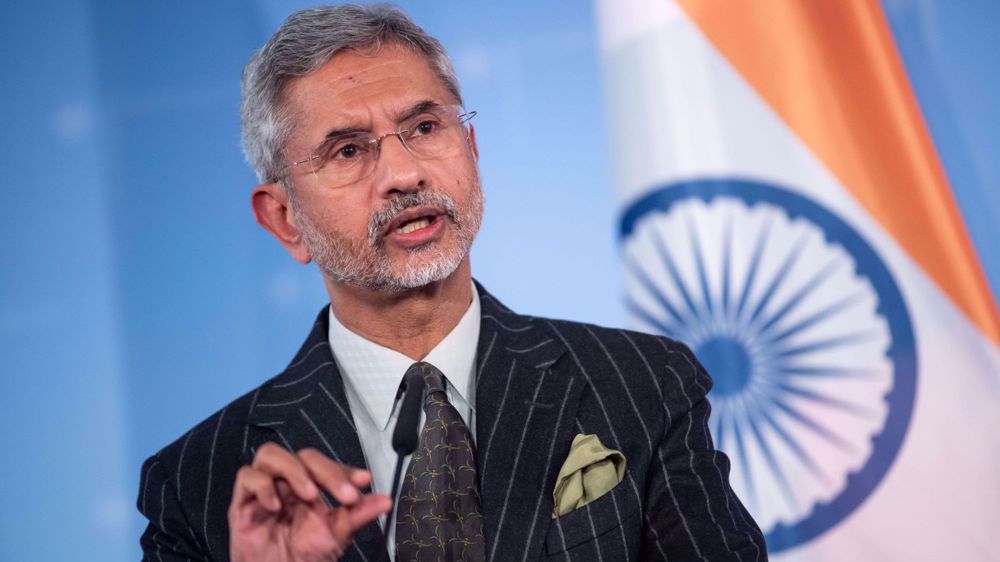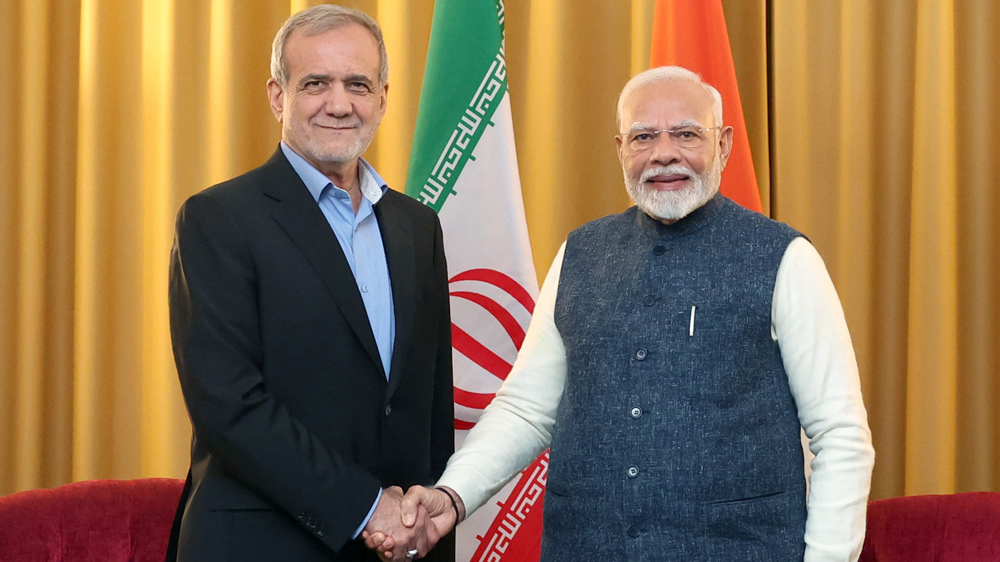India practicing ‘digital apartheid’ with internet ban in Kashmir
A report by a rights group in Kashmir says India’s prolonged communications blackout following the scrapping of the disputed Himalayan region’s semi-autonomy last year is “digital apartheid.”
The Jammu-Kashmir Coalition of Civil Society (JKCCS) in a report released on Tuesday outlined the “harms, costs, and consequences of the digital siege” since August 2019, when the New Deli government revoked the special status of the Muslim-majority region.
The report, titled Kashmir’s Internet Siege, also maps the consequences of the longest-ever lockdown in the disputed valley and its severe effects on livelihoods, education, health, and press freedoms.
“The multi-faceted and targeted denial of digital rights is a systemic form of discrimination, digital repression and collective punishment of the region’s residents, particularly in light of India’s long history of political repression and atrocities,” the rights group said in its 125-page report.
The report, which was based on fieldwork, government documents, court files, and media reports, also urged the international community to hold New Delhi to account over what “digital apartheid.”
“While the Government of India has succeeded in gagging the voices of people of Jammu and Kashmir with its longstanding communication blockade,” the report said, “it should not prevent the international community from speaking and calling out the Government of India for suppressing the fundamental rights of people.”

On August 5, 2019, Prime Minister Narendra Modi’s Hindu nationalist government announced it was removing the region’s special status.
Following the announcement, the New Delhi government dispatched thousands of additional forces to the region, declared a strict curfew, shut down telecommunications and internet services, and arrested political leaders and pro-independence campaigners.
Digital rights activists have frequently denounced the internet restrictions.
Indian officials have said the internet ban was aimed at preventing anti-India protests and attacks by militants who have fought for decades for the region’s independence or unification with Pakistan, which administers another portion of Kashmir.
During the service blackouts, critically-ill patients could not access government healthcare, students could not apply for fellowships or scholarships, and distraught families could not connect to relatives outside the region.
Kashmir has been split between India and Pakistan since partition in 1947. Both countries claim all of Kashmir and have fought three wars over the territory.
‘All wars have rules. All of those rules have been broken’ by Israel
VIDEO | Report flags India’s violation of rights of Rohingya detainees
Turkey's foreign minister meets Syria's de facto leader in Damascus
'Next to impossible' to rescue patients from Gaza's Kamal Adwan Hospital: Director
VIDEO | Vietnam current prosperity
Report blames gasoil exports for shortage at Iranian power plants
VIDEO | Hind Rajab Foundation names Israeli war criminals vacationing after Gaza genocide
VIDEO | Australians rally for Gaza ahead of Christmas festivities











 This makes it easy to access the Press TV website
This makes it easy to access the Press TV website